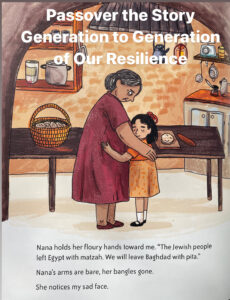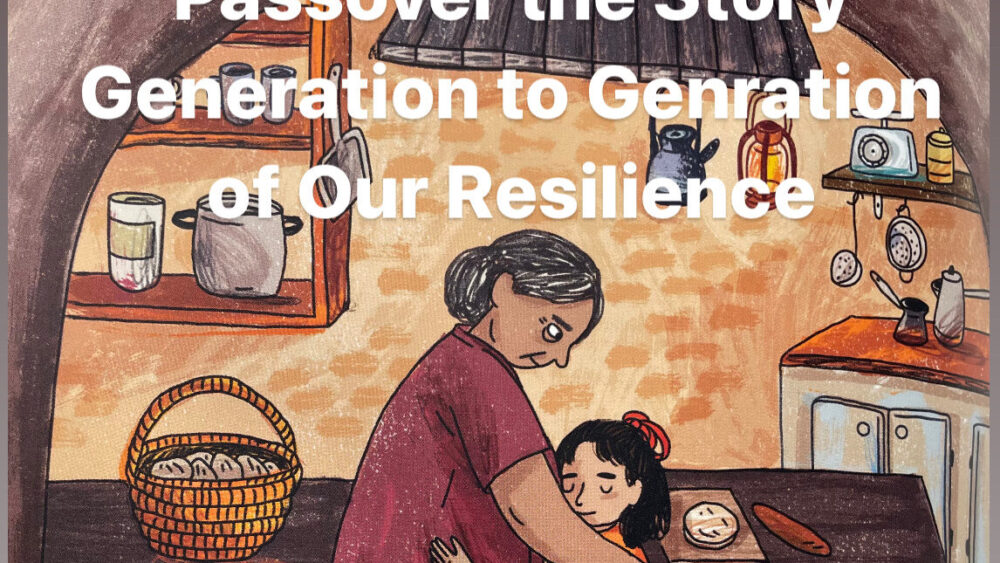We like journey stories. The exodus from Egypt is a story that is told to every Jewish child every Passover. It is our blueprint for journeying across foreign lands, and of being a stranger in a strange land. It is also Shoham’s Bangle’s story, and though it wasn’t planned, it is only natural in writing Shoham’s Bangle that Shoham’s Nana compares their journey to that of the Israelites, where just like they leave Egypt with matza, they are leaving Iraq with pita bread.
Moving countries is a story of faith and courage, but also bitterness and pain.
The Jews of Iraq left, after a 2,600 year presence from Babylonian times, because it was too dangerous to be a Jew in Iraq. They were scared. That is why 120,000 from a population of 135,000 left to Israel when the tasqit denaturalization law was passed, 9 March, 1950 giving them a year within which they could give up their Iraqi citizenship and leave without return. 6,000 remained, only to smuggle themselves out in the late 60’s and 70’s due to severe persecution from Saddam Hussein and his Ba’ath party.
What I really want to say, is that journey stories carry the same feelings. Whether they are Biblical Israelite Exodus stories, or modern day Iraqi Jewish stories, or today’s Ukrainian refugee stories. We all have a story, and the Passover table is the place we take our sadness and bitterness symbolized by the bitter herbs and dip it in salt water, to remember those stories.
But why remember the past?
At the Passover seder table there is also a sweet dish called charoset symbolizing the cement the Israelite slaves used to build the Egyptian pyramids. (Iraqi Jewish charoset is a delicious, deep, date syrup called halek.) The charoset is combined with the matza, the unleavened bread and bitter herbs into a sandwich. For me this symbolizes remembering where we come from, but also where we want to go — somewhere sweet. So slave cement becomes a new, optimistic cement. A cement to build new homes with.
All immigrants and refugees know there are many stages to the story of grieving a land we come from. There are many stages to the story of rebuilding new lives. On Passover we are instructed to sit with family, friends and strangers and share the story. We grow strong by sharing our story. We grow strong when we hear the stories of strangers. We grow strong when we know how to hold what is complicated, bitter and sweet, together.
***
For more about the inspiration behind Shoham’s Bangle listen to The Book of Life Podcast Interview with Heidi Rabinowitz.
To read more about my Iraqi Jewish family and Shoham’s Bangle read my article My Grandmother’s Hands in JBC’s Paper Brigade Daily.
For a discussion about Shoham’s Bangle and searching for the Iraqi Jewish Voice with the Community of Babylonian Iraqi Jews of Montreal visit this link – the password is -sassoon!23



